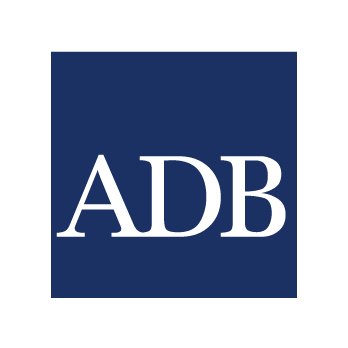MANILA — The Asian Development Bank (ADB) today announced a $305 million project which will support the strengthening and expansion of electricity in Papua New Guinea (PNG).
The Power Sector Development Project is supported by loans and grants from ADB and the governments of Australia and PNG and will target five subprojects within the main power grids of the country’s power utility, PNG Power Limited (PPL). ADB provided two loans amounting to $208.6 million, the Government of Australia contributed a $59.5 million loan and a $12.8 million grant, and the Government of PNG with PPL will yield $24.1 million.
“PNG has one of the lowest rates of electricity access in the Pacific, with only 13% of households having access,” said Director of ADB Pacific Department’s Energy Division Mukhtor Khamudkhanov. “The project will contribute to the government’s objective of connecting 70% of its population to electricity by 2030 and will help advance reforms in the power sector.”
The project will expand and upgrade transmission lines and substations in Gazelle, Ramu, and Port Moresby; build new low- and medium-voltage power distribution lines in Gazelle, Ramu, and Port Moresby, and mini grids in West New Britain; and strengthen the capacity of PPL through the introduction of procurement and implementation, utility operation, and financial management reforms.
The limited electricity access in PNG stifles economic growth and exacerbates poverty and inequality in both urban and rural areas. COVID-19 has also impacted the local economy, and quality infrastructure is a central component of the government’s post-pandemic economic recovery strategy. The stable power grids proposed under the project will help maintain urban health facilities’ basic operations and are critical to reducing COVID-19 risks.
ADB is committed to achieving a prosperous, inclusive, resilient, and sustainable Asia and the Pacific, while sustaining its efforts to eradicate extreme poverty. Established in 1966, it is owned by 68 members—49 from the region.


Comments are closed.